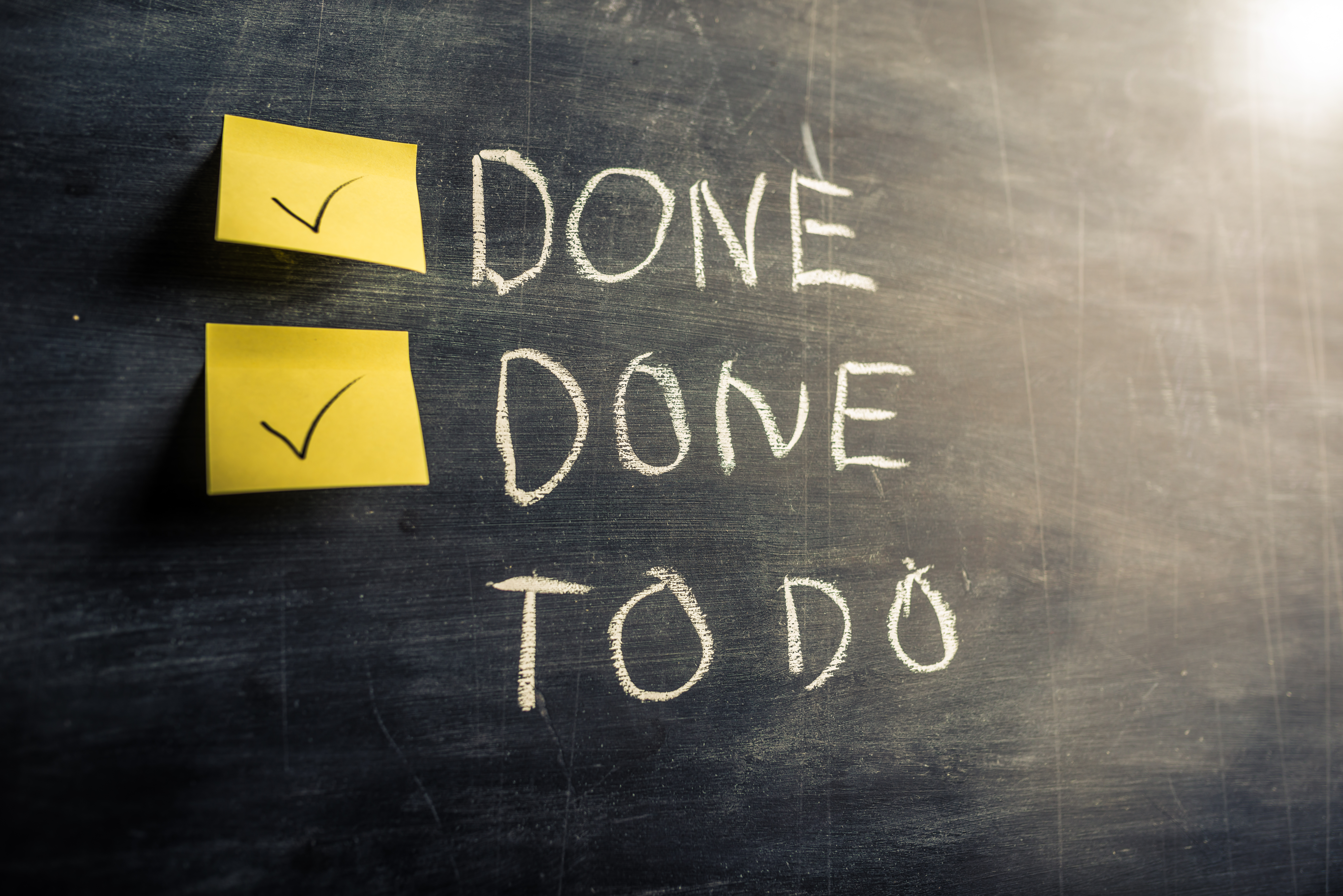Achieving your fitness goals can be tough - it takes persistence, perseverance, self-discipline and the ability not to throw in the towel when the time comes to train
Truth is - your body is hardwired to make things as easy as possible for itself. As psychologist Steve Peters famously explained to Chris Hoy, we’re not wired for society, but for the jungle of Africa a hundred thousand years ago.
In that environment, we could at any point be attacked by a predator or a raiding party of neighbouring tribesmen, so expending unnecessary energy wasn’t helpful to the genetic imperative of surviving and reproducing.
So, it’s quite 'natural' – particularly for men – to want to preserve energy and not do very much. This is why realising your gym goals can be difficult.
Help is at hand, however. Author of the book
Head Start, performance psychologist Ian Price spoke to JOE and has advice for achieving what you want out of fitness.
1. Get your goal-setting right
"You may have one over-arching goal in mind for your fitness. This might be to do with weight or perhaps some sporting achievement. It helps for this to be ambitious, long term – say, a year or more out.
"But the really important part of goal-setting is to build a hierarchy of goals. In support of your main goal, set some mid-level goals which you will need to achieve on the way.
"Then, beneath your mid-level goals, set some process goals. These will be the daily runs, workouts and gym sessions. Your focus needs to be less on the overarching goal which might seem intimidating but on the process goals instead."

2. Make your process goals “baby steps” to start with
"Unless you’re Mark Wahlberg, make your process goals small to begin with. If two hours in the gym seems too ambitious, start with just twenty minutes. That is so much better than not going.
"Goals are achieved bottom up with the creation of virtuous habits and so it’s best to start with “baby steps” and get these engrained for six weeks or so before attempting anything bigger.
"Record your daily achievements in a journal or on a wall-chart and you will find that you won’t want to break the chain."
3. Figure out when your motivation is highest
"Many people attempt to boost motivation artificially, but psychologists have shown that this is ineffective. So, don’t be tempted to watch motivational videos – these might work as a brief sugar-pill but won’t change behaviour.
"Think about when in the day you feel most energised and carve out time then for your process goals. Most of us fall into either the “lark” or “owl” category. I’m a lark so my motivation is highest in the morning. I find it harder to motivate myself in the evening, so I get up at 6am and do my workouts then."
4. Make it social
"Tennis is my sport. When I plan to do something on my own such as work on drills with the ball-machine, I’m more likely to listen to the inner voice that says “sod it” than when I’ve arranged to play men’s doubles with three other blokes.
"I don’t want to let these guys down so I don’t need to draw on my own motivation – I simply show up.
"So, make your process goals social – arrange to do them with a mate or, better still, a group. Set up a WhatsApp group and introduce some banter into the mix. It all helps with mindset!"

5. Learn to deal with setbacks
"If your goals are ambitious, you can be sure that you will hit setbacks and obstacles along the way. This might take the form of injuries or competitive loss.
"Success is determined by your ability to bounce back and persist. Your inner voice (the same one that says “Sod it!”) will try to convince you that any setback is either
Personal (“I’m not good enough to hit that goal”),
Permanent (“It’s always going to be like this”) or
Pervasive (“Nothing is working out right now”).
"Recognise that this is natural mental negativity and part of our wiring. It’s how our ancestors learned to avoid making mistakes that could cost them their lives. Treat the setback as external, temporary and specific. Remind yourself of your goals and persist."
6. Take yourself out of your comfort zone
"With “baby step” fitness activities, these might be brief but they don’t have to be easy. Ensure that your process goals are stretching so that you are continually pushing the edge of the envelope."
7. Remember to give yourself a reward
"Being able to persist towards your fitness goals requires you to put off whatever tempting alternatives might confront you at any time - whether this is going to the pub or crashing out in front of the TV to watch a box set.
"You need to be able to delay gratification – but when you have stuck with it, allow yourself a reward from time to time. If you’ve delivered on your process goal, you’ll have earned it!"
Ian Price is a leading performance psychologist and the author of new book, Head Start: Build a Resilient Mindset so You Can Achieve Your Goals, published by Pearson.



